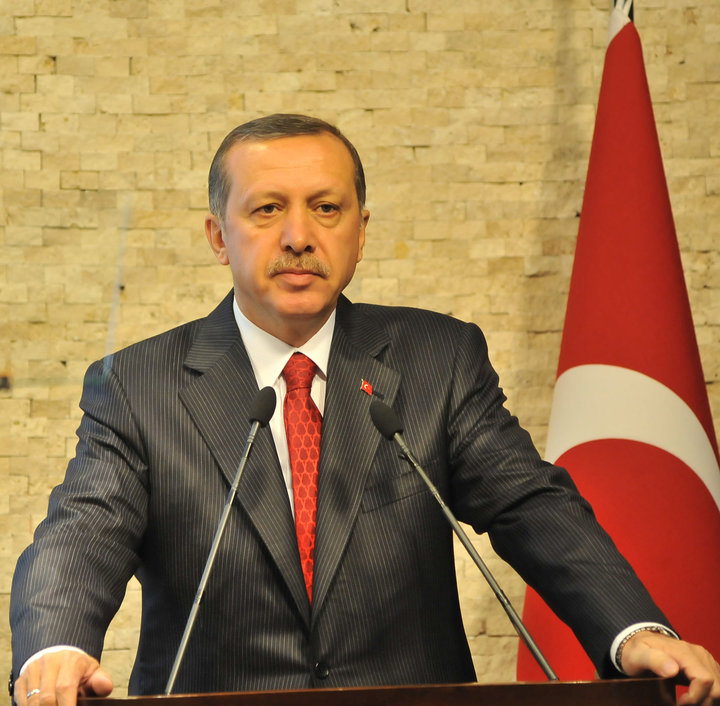
ANKARA, Turkey — Turkish President Recep Tayyip Erdogan said Friday that the nation will hold an early election on Nov. 1, after no group won a majority from voters in June and Erdogan’s party was unable to find a coalition partner.
Erdogan said he will meet with the parliament speaker on Monday, the day after the deadline for forming a new government, to complete the formalities. “After that, we will take our country to early elections,” he said.
The widely expected announcement comes days after Prime Minister Ahmet Davutoglu abandoned efforts to build a coalition government, following the failure of talks with the leaders of two smaller parties. The ruling party lost its parliamentary majority in June for the first time since it came to power in 2002, forcing it to seek a coalition alliance.
The June result was a slap on Erdogan’s ambitions to increase the powers of the largely ceremonial presidency. He is believed to have favored a new election, and Turkey’s main opposition leader has accused the president of obstructing the coalition-building efforts – a charge Erdogan denies.
Erdogan appears to be betting that a new ballot could revive the fortunes of the Islamic-rooted party which he founded and led for more than a decade, and thus put him back on course to reshape Turkey’s democracy into a system where the president would have executive powers. A coalition government would also have limited his ability to influence the government.
Turkey is heading to a new election amid escalating violence between Turkey’s security forces and Kurdish rebels, and as Turkey is taking a more active role in the U.S.-led campaign against the Islamic State extremists.
Dozens of people have been killed in renewed clashes between Turkey’s military and rebels of the Kurdistan Workers’ Party, or PKK. Last month, Turkish jets raided IS targets in Syria and PKK targets in Iraq while U.S. jets also launched their first airstrikes against IS targets from a Turkish air base near Syria.
Opponents have accused Erdogan of attacking the PKK in a bid to win nationalists’ support and discredit a pro-Kurdish party, whose gains in the June elections deprived the ruling party of its majority.
“God willing, on Nov. 1, Turkey will go through what I like to call repeat elections,” said Erdogan, who told reporters he had no intention of giving Turkey’s opposition leader the opportunity to try to form a government.
Erdogan said he would form an interim government that will lead Turkey until the election, and could appoint figures who currently don’t hold seats in parliament. He is expected to ask Davutoglu to lead the government.
Turkish law requires that the interim government include members of all four parties represented in parliament, but two opposition parties have already said they would not participate.